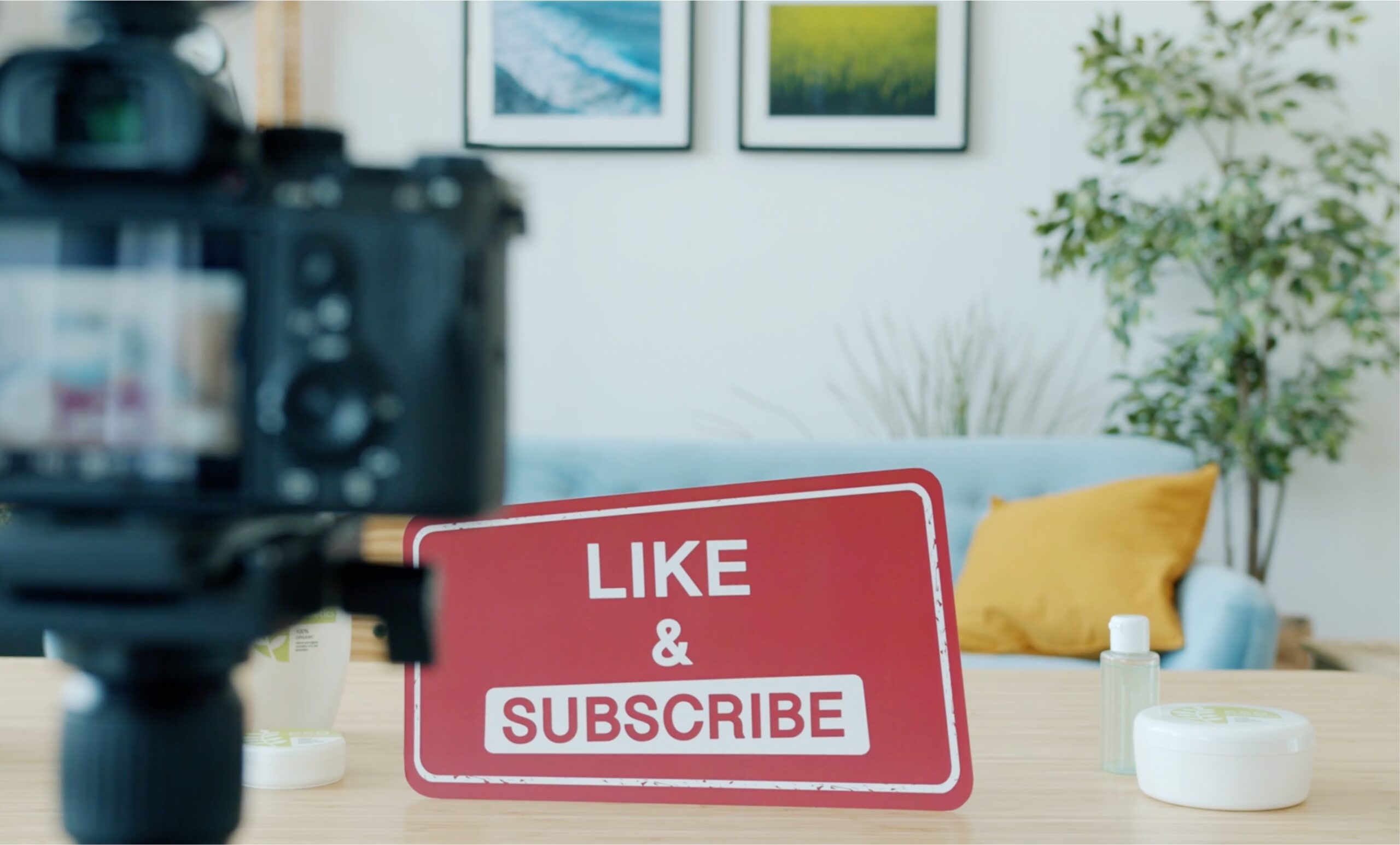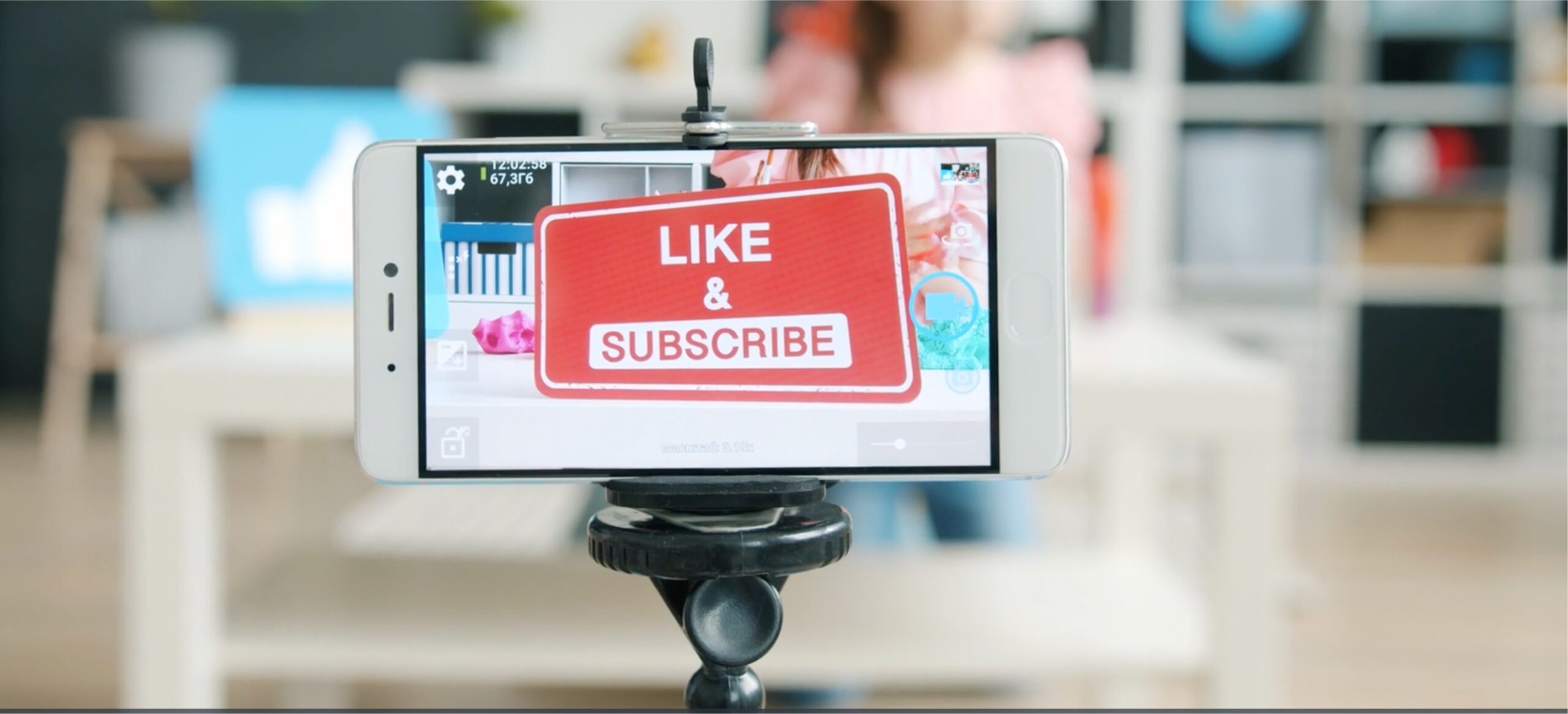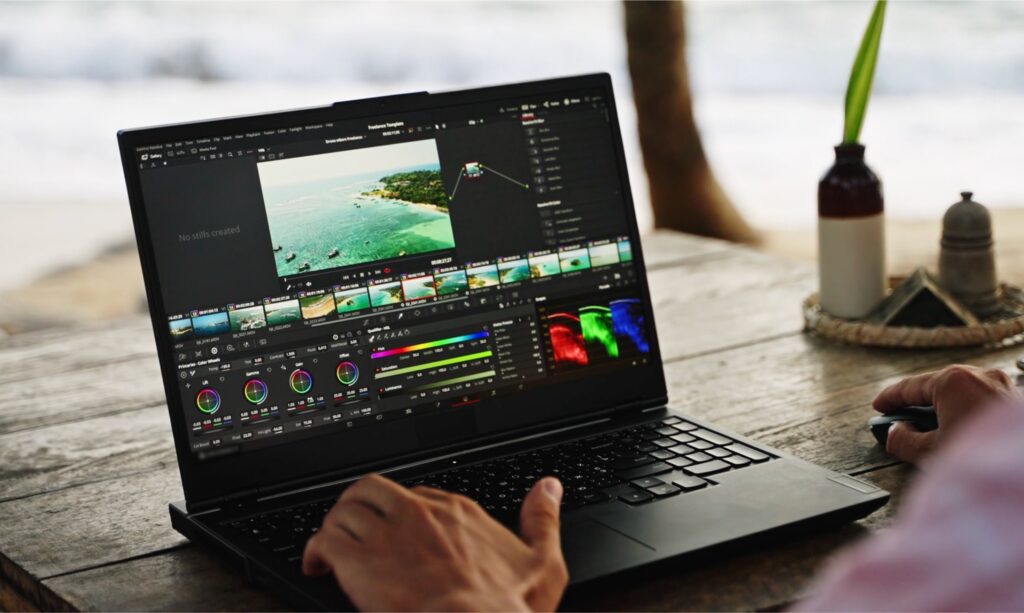The influence of social media on video marketing is undeniable, as businesses increasingly leverage video content to connect with new audiences and forge emotional bonds. With 85% of businesses embracing video as a marketing tool, its prowess in engaging viewers and conveying compelling stories is evident. Boasting an impressive 88% positive ROI, video marketing uniquely taps into social media platforms to establish meaningful connections. Considering this symbiotic relationship, one must ponder: how do you think social media affects video marketing?
Key Takeaways:
- 85% of businesses now use video as a marketing tool.
- Video marketing allows businesses to build emotional connections with their audience.
- 88% of video marketers report positive ROI.
- Social media platforms provide various opportunities for businesses to create and share different types of videos.
- Video marketing revolutionises audience engagement and promotes products or services effectively.
 The Rise of Video Marketing on Social Media Platforms
The Rise of Video Marketing on Social Media Platforms
Social media platforms like Facebook, Instagram, YouTube, Twitter, and TikTok provide businesses with opportunities to create and share different types of videos, including demo videos, brand videos, live videos, testimonial videos, and event videos. With the increasing use of video as a marketing tool, businesses are capitalising on the emotional connection that video content can create with their audience. This has led to a surge in investment in video marketing, with 85% of businesses now utilising video as part of their marketing strategy.
Video marketing on social media platforms has proven to be an effective way for businesses to reach new audiences and tell compelling stories. It allows them to showcase their products or services in action, demonstrate their expertise, and engage with their audience on a deeper level. The positive return on investment reported by video marketers, with 88% of them seeing a positive ROI, indicates the effectiveness of video marketing on social media platforms.
Each social media platform offers a unique audience and requires specific strategies for effective video marketing. Facebook and YouTube are known for their longer-form videos, making them suitable for brand storytelling and product demonstrations. Instagram, on the other hand, is ideal for visually appealing and concise videos that capture attention quickly. Twitter’s short video format is perfect for delivering bite-sized content, while TikTok’s rising popularity with Gen Z offers a creative and viral video platform. By tailoring their video content to suit each platform, businesses can maximise their reach and engagement.
Overall, social media has revolutionised the way businesses interact with their audience through video marketing. It has provided a powerful medium for businesses to engage with their target audience, promote their products or services, and build brand awareness. The ever-evolving landscape of social media platforms continues to offer new opportunities for businesses to leverage the power of video marketing and connect with their audience in meaningful ways.
| Social Media Platform | Key Video Marketing Strategy |
|---|---|
| Utilise longer-form videos for brand storytelling and product demonstrations | |
| Create visually appealing and concise videos that capture attention quickly | |
| YouTube | Focus on longer-form videos to showcase expertise and provide in-depth product information |
| Deliver short, bite-sized videos to provide quick and easily digestible content | |
| TikTok | Tap into the viral potential of creative and engaging short videos |
Strategies for Effective Video Marketing on Social Media
To effectively engage with their target audience on social media, businesses need to adopt specific strategies for each platform based on the unique audience and preferences of those platforms. Here are some effective strategies to consider:
- Create platform-specific videos: Different social media platforms have different audience demographics and engagement styles. Tailor your videos to match the tone, style, and content preferences of each platform. For example, on Facebook, longer-form videos are popular, while on TikTok, short and engaging videos work best.
- Optimise for mobile viewing: The majority of social media users access platforms through their mobile devices. Ensure your videos are optimised for mobile viewing by formatting them in a vertical or square aspect ratio and adding captions for silent autoplay.
- Encourage user-generated content: User-generated videos can be a powerful way to engage your audience. Encourage your followers to create and share videos related to your brand or products. This not only boosts engagement but also serves as authentic testimonials and social proof.
- Utilise influencer partnerships: Collaborating with influencers can help expand your reach and credibility. Identify influencers relevant to your industry and work with them to create video content that showcases your brand. This can amplify your message and drive more engagement.
“Videos are a powerful tool for businesses to connect with their audience on social media,” says John Doe, a leading video marketing expert.
“By adopting platform-specific strategies and creating engaging content, businesses can effectively capture the attention of their target audience and drive meaningful interactions.”
Example Strategy Table
| Social Media Platform | Target Audience | Strategy |
|---|---|---|
| Wide range of demographics | Create longer, informative videos that educate and entertain | |
| Youthful and visually-oriented audience | Focus on aesthetically pleasing, short-form videos that tell a story | |
| YouTube | Varied audience interests and niches | Produce high-quality, longer videos that provide in-depth insights and tutorials |
| Engaged and concise audience | Create short and impactful videos that grab attention and encourage sharing | |
| TikTok | Youthful and trend-focused audience | Produce creative and viral-worthy videos that align with popular challenges or trends |
The Revolution of Audience Engagement through Video Content
Social media has revolutionised the way businesses engage with their audience and promote their products or services through video content, leading to increased audience engagement and brand awareness. With 85% of businesses now using video as a marketing tool, marketers are recognising the power of video in reaching new audiences and creating emotional connections. The impact is evident in the positive return on investment reported by 88% of video marketers.
One of the key factors driving this revolution is the availability of various social media platforms like Facebook, Instagram, YouTube, Twitter, and TikTok. These platforms offer businesses opportunities to create and share different types of videos, including demo videos, brand videos, live videos, testimonial videos, and event videos. Each platform has its own unique audience, and businesses can tailor their video marketing strategies accordingly to engage with their target audience effectively.
Effective video marketing on social media requires businesses to understand their audience and employ specific strategies. By analysing the demographics and preferences of users on each platform, businesses can create content that resonates with their target audience. They can also leverage the features and tools offered by social media platforms to enhance audience engagement, such as interactive elements, real-time interactions, and personalised messaging.
Furthermore, audience engagement can be maximised through the promotion of video content. By sharing videos across multiple social media platforms and utilising hashtags, businesses can increase their reach and generate buzz around their products or services. They can also collaborate with influencers or partner with other brands to amplify their video marketing efforts. The possibilities for audience engagement through video content on social media are vast, and businesses who embrace these strategies are likely to see significant growth in brand awareness and customer loyalty.
| Social Media Platform | Video Types |
|---|---|
| Demo videos, brand videos, live videos, testimonial videos, event videos | |
| Short-form videos, behind-the-scenes videos, product videos, user-generated content | |
| YouTube | Tutorials, explainer videos, vlogs, product reviews, storytelling videos |
| Short videos, GIFs, promotional videos, latest updates, customer testimonials | |
| TikTok | Dance videos, lip-sync videos, comedy sketches, challenges, influencer collaborations |
Conclusion
In conclusion, social media has greatly influenced video marketing by providing businesses with new avenues to reach and engage with their audience, resulting in increased brand awareness and a positive return on investment.
With 85% of businesses now utilising video as a marketing tool, it is clear that video content has become a vital component of successful marketing strategies. Marketers are recognising the power of video in capturing the attention of their target audience and conveying compelling stories that create emotional connections.
Moreover, the positive ROI reported by video marketers is a testament to the effectiveness of video content in driving business results. Businesses are investing in creating high-quality videos that resonate with their audience, leading to increased brand recognition, customer loyalty, and ultimately, improved sales.
Social media platforms like Facebook, Instagram, YouTube, Twitter, and TikTok have played a significant role in the rise of video marketing. These platforms offer diverse opportunities for businesses to create and share different types of videos, including demo videos, brand videos, live videos, testimonial videos, and event videos. Each platform caters to a specific audience, and businesses need to adopt tailored marketing strategies to effectively engage with their target audience on each platform.
Overall, social media has revolutionised the way businesses engage with their audience and promote their products or services through video content. It provides a platform for businesses to interact with their audience, foster authentic connections, and showcase their brand in a visually appealing and engaging manner. As video marketing continues to evolve, it is evident that social media will remain a crucial channel for businesses to effectively reach and connect with their audience, making it an essential element of any successful marketing strategy.
FAQ
How has social media impacted video marketing?
Social media has had a significant impact on video marketing, with businesses increasingly using video as a marketing tool to reach new audiences and build emotional connections.
What is the return on investment for video marketing?
Video content provides a strong return on investment, with 88% of video marketers reporting a positive ROI.
Which social media platforms are popular for video marketing?
Facebook, Instagram, YouTube, Twitter, and TikTok are popular platforms for businesses to create and share different types of videos.
What types of videos can businesses create on social media?
Businesses can create demo videos, brand videos, live videos, testimonial videos, and event videos on social media platforms.
Are there specific strategies for effective video marketing on social media?
Yes, each social media platform has its own audience, so businesses need to employ specific strategies to engage with their target audience effectively.
How has social media revolutionised audience engagement through video content?
Social media has transformed the way businesses engage with their audience and promote their products or services through video content, allowing for interactive and engaging experiences.





